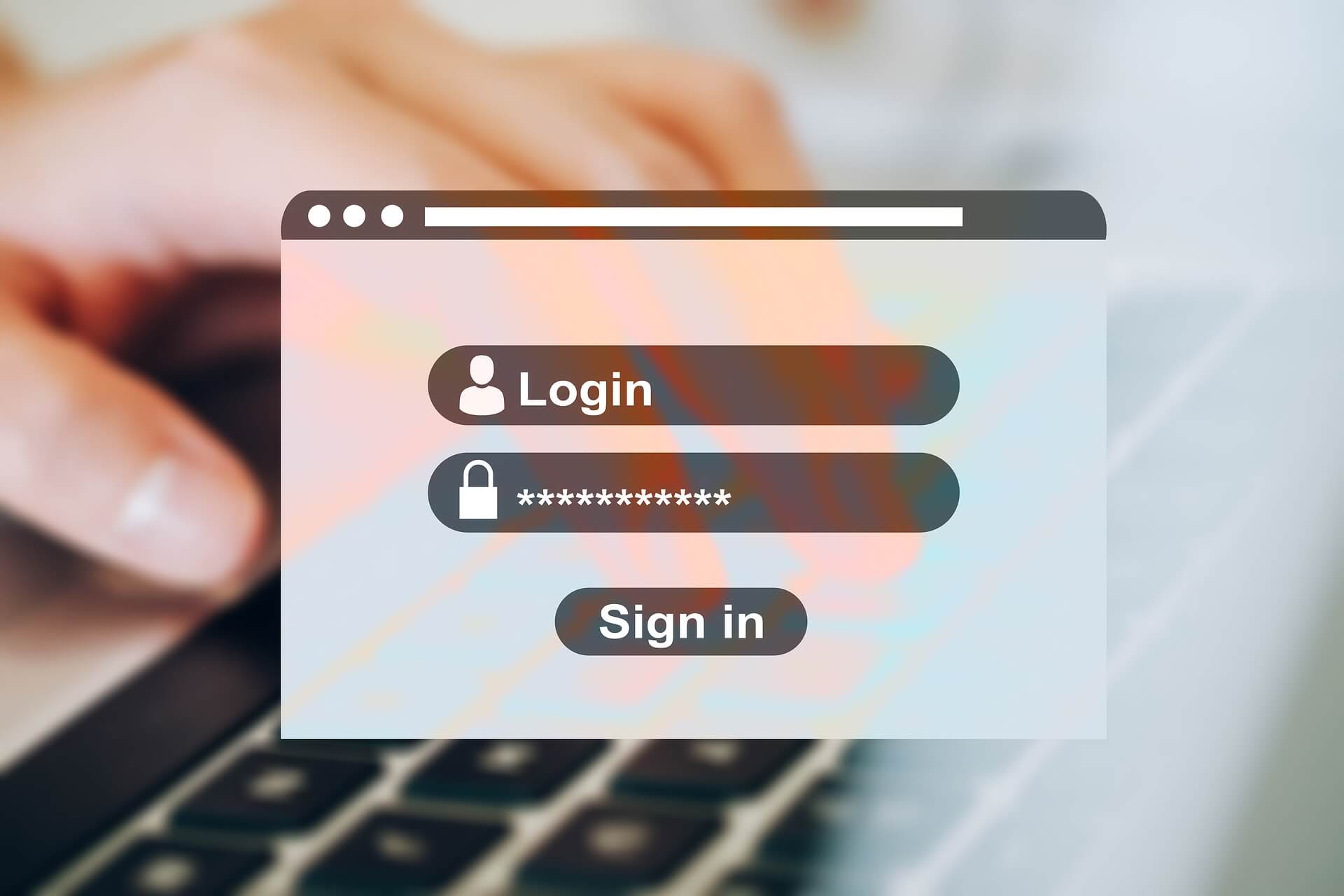As computer technology continues to grow and develop, more and more software and hardware are continually designed to upgrade the user experience. However, hackers have also devised new ways and strategies to hijack computers and steal sensitive information. So, how can you keep your computer secure?
Here are some things you can do to ensure the safety and security of your computer:
1. Create a strong password
The primary safeguard you can adopt to secure your computer or your device, as well as your personal information and accounts, is to create a strong password. Stop creating weak and silly passwords such as “0000” or “0123456789” if you don’t want hackers to get access to your devices and accounts.
Things to remember when creating your password:
- Do not use your name
- Do not use your birthday
- Create different passwords for each of your accounts
- Do not share your password with anyone
2. Do not visit dodgy sites
Have you ever visited a website stuffed with too many popup ads? Perhaps you have been watching TV shows on pirate sites and get annoyed with endless advertisements that pop up whenever you click on the web player.
These sites, especially those ads, may have been affected by a worm that carries a virus that may infect your computer. Avoid visiting dodgy sites, especially on a computer or device that you use for work and is linked to your bank accounts.
3. Install protective software
For many years, information technology (IT) experts have created many types of software to help protect devices and information online. You can purchase or get some of these for free on the Internet or in tech stores. Two of the essential protective software that you should install include a decent firewall and antivirus system.
Firewall
In simple terms, a firewall is a software or hardware that keeps the outsiders out of your computer or devices. To ensure that your computer is secured, check whether your internet router, modem, and computer operating system (OS) have these measures in place.
Typically, internet service providers offer a free router and modem that has a firewall built right into it. If you want to upgrade the firmware, you can freely do so by installing an independent one. Likewise, most computers also have a built-in firewall on their OS. Just make sure that it is up-to-date and running at all times.
Antivirus system
An antivirus system, as the name implies, is a software that prevents the entry of various computer viruses to your device, as well as remove any viruses that may have already infected your system.. Such viruses can damage your computer or, worse, steal important and sensitive information from your accounts and devices.
To keep your computer protected, make sure to install trusted antivirus software. Although you may think that no virus can infect your computer because you are careful when browsing the internet, you will never know when a site or an ad carries a harmful virus. It is always better to be on the safe side and stay conscious and smart with your decisions.
4. Limit the use of public WiFi
There are a lot of available open WiFi networks in almost all public areas nowadays. It may be tempting to connect to one of these while you are waiting for a public bus or sitting in a park or a coffee shop, but know that anyone can easily hack these public WiFis and gain access to your device. Also, you will never know what they are going to do with the information that they can get from your device.
That does not mean that you should not use public WiFi networks entirely. Instead, be careful and do not use one when you are accessing important documents and online bank accounts on your phone or computer. It would be best if you use your 3G internet data for a safer alternative.
Conclusion
To secure your computer and accounts, you should create a strong password that is in no way related to your personal information. On top of that, you should ensure that your router and OS has a decent firewall alongside trusted antivirus software. Public WiFis are convenient, but you should limit your usage since these are prone to hacking.
If you need IT support in Barnsley, get in touch with us today. We also offer cloud backup services to help you keep and secure important documents.

